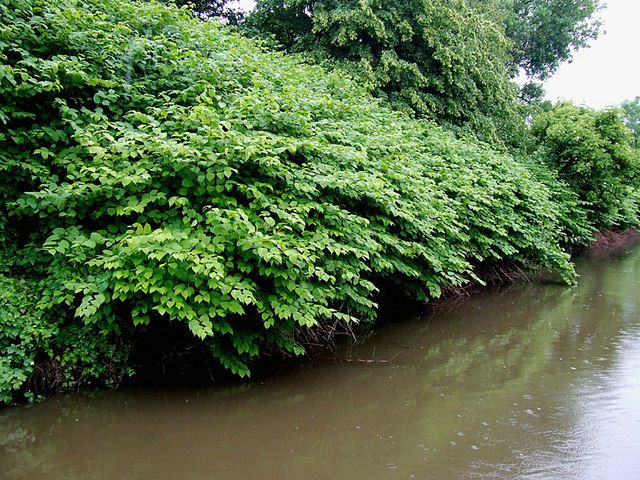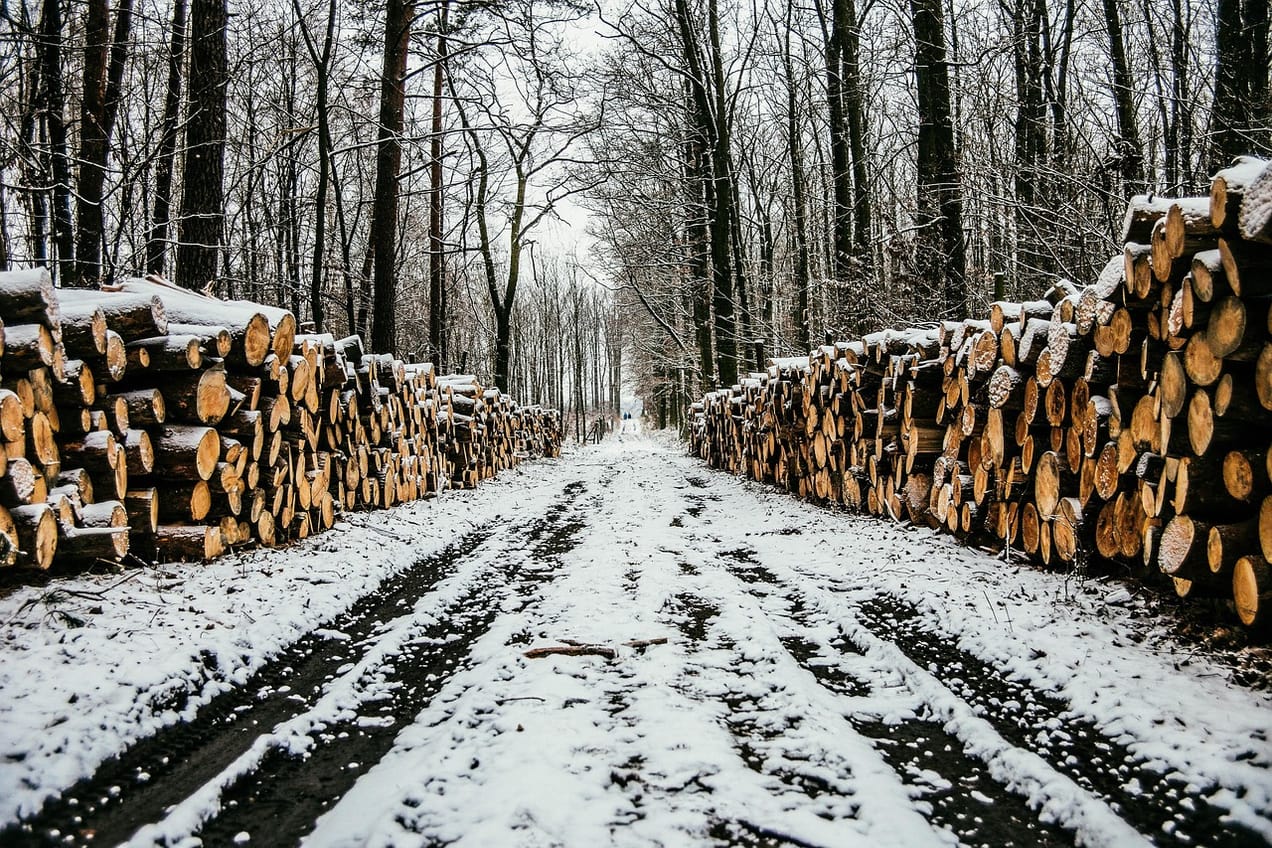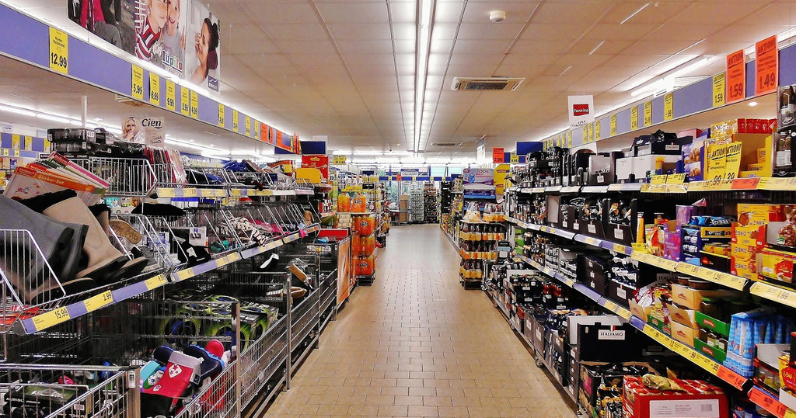
Cleaning up soil and water with plants
Some invasive aquatic plants may actually be able to decontaminate water and soil.
Summary: Metallophytes, plants that can tolerate high levels of heavy metals and can also extract metallic elements through their roots have inspired new decontamination methods for both soil and water. In addition, some invasive aquatic plants such as Japanese knotweed can also be used in this way, helping to preserve environmentally important wetlands.
Why this is important: About 95% of the food we eat comes from the soil. Soils are the largest active store of carbon after the oceans.
The big theme: Human activities have been causing damage to both land and aquatic natural capital, impacting the symbiotic balance that helps to sustain us. Reforming practices such as agriculture is a big deal, in terms of greenhouse gas emissions, environmental impact, food security and rural society. But it’s going to require massive social and economic change and disruption, to production methods, to supply chains and to employment. This may include finding innovative solutions to protect and sustain media such as our soil. Many larger investible companies rely on our agricultural supply chains (think food producers and supermarkets for instance), so it’s a big long-term issue all investors should be considering

The details
Summary of a story from Geo:
Claude Grison, director of the CNRS bio-inspired chemistry and ecological innovations laboratory received the European Patent Office European Inventor Prize 2022 earlier this year for revolutionising decontamination methods.
Metallophytes, plants that can tolerate high levels of heavy metals, can also extract metallic elements, most notably zinc, nickel and manganese, through their roots and stored in other parts of the plant. This “eco-catalysis” can be used for decontaminating both soil and water and can preserve wetlands. Indeed, some invasive aquatic plants such as water primrose and Japanese knotweed can be used as raw materials for eco-catalysis filters.
Let's take a look at why this is important...
Why this is important
“Soil pollution affects the food we eat, the water we drink, the air we breathe and the health of our ecosystems,” the FAO Deputy Director-General warned in 2018. About 95% of the food we eat comes from the soil. Soil contamination comes from different sources including industrial pollution, some agricultural practices, mining and urban pollution.
Soils are the largest active store of carbon after the oceans and so are a vital part of the solution to the adverse impacts of climate change. Globally it has been calculated that between 110 and 130 gigatons of carbon have been lost from agricultural soils. Wetlands, another important carbon store (in fact they have the ability to store the largest quantities of carbon per unit area of ecosystem), can also be preserved as invasive species can be cleared, processed and used to decontaminate the water.
Something a little more bespoke?
Get in touch if there is a particular topic you would like us to write on. Just for you.
Contact us
Please read: important legal stuff.

